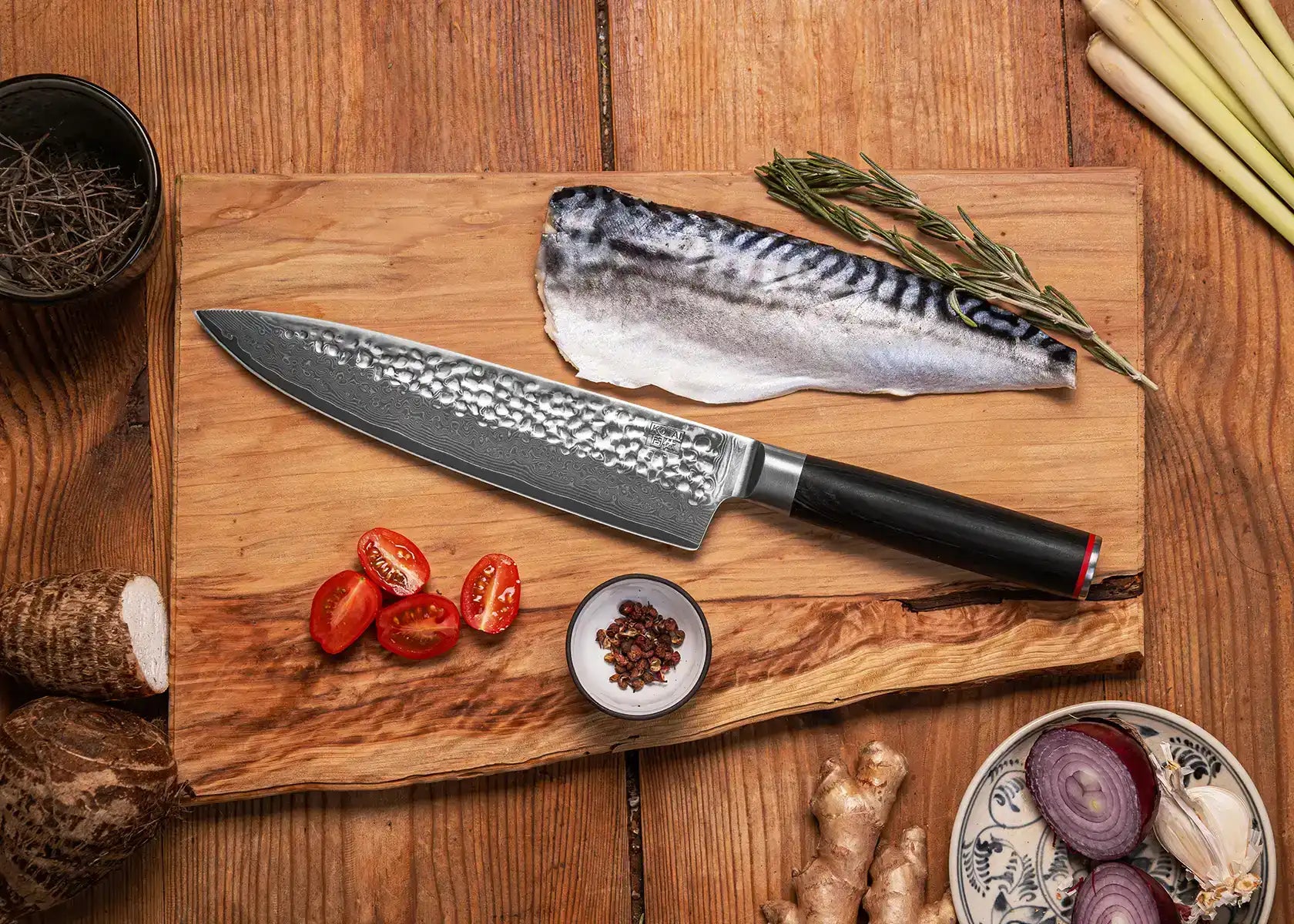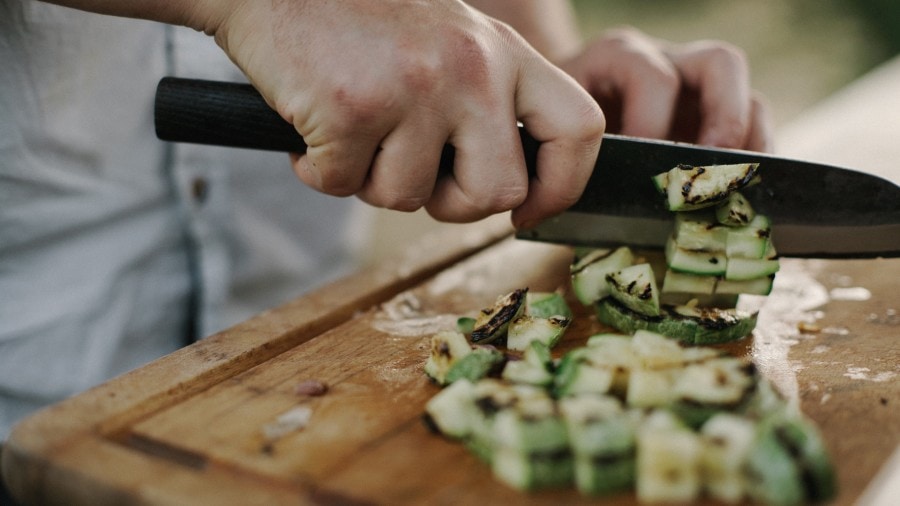When it comes to the culinary world, a well-crafted tool can make all the difference. The Damascus chef knife stands out as one of the most revered tools in the kitchen. With its intricate designs and exceptional functionality, it has become a staple for many kitchen professionals. In this article, we will explore the allure and functionality of this exquisite knife, dissecting its components, history, and why its a must-have for chefs around the globe.

What is a Damascus Chef Knife?
The name 'Damascus' often evokes images of strength and beauty, and rightly so. A Damascus chef knife is renowned for its unique patterns that resemble flowing water or a wood grain effect. These patterns are not merely for aesthetic purposes but are a testament to the detailed crafting process involved in creating these blades. Typically constructed by folding different types of steel layers together, this knife provides an optimal blend of sharpness, durability, and artistic design.
Material and Craftsmanship
The strength of a Damascus chef knife lies in its composition and craftsmanship. High-quality steel, involving layers of softer and harder iron or steel, is fused together to produce a robust and resilient blade. This multi-layered structure is what gives the blade its characteristic patterns. Additionally, the process of forging and shaping the blade takes immense skill, often passed down through generations of craftsmen. This meticulous craftsmanship is what gives the knife its superior edge retention and sharpness.
A detailed dive into the science behind Damascus steel reveals the sophisticated metallurgical techniques, some of which date back to ancient times. These techniques contribute to the blade's longevity and performance, making it an invaluable tool for any kitchen professional.
Performance in the Kitchen
Beyond its visual appeal, the Damascus chef knife excels in performance. The uniquely forged blade remains sharp for extended periods, significantly reducing the need for constant honing, which is crucial for maintaining efficiency in a professional kitchen environment. Furthermore, its ergonomic design allows for a comfortable grip, reducing fatigue during prolonged use. Chefs and culinary experts appreciate the precision and ease with which these knives handle a variety of tasks, from chopping vegetables to slicing meat with minimal effort.
To further explore which specific knife might suit certain tasks, check our detailed articles on different Damascus styles such as the Damascus Paring Knife and the Damascus Carving Knife.
Reasons to Choose a Damascus Chef Knife
Durability and Edge Retention: The layered construction offers exceptional edge retention, allowing the knife to remain sharp through extensive use.
Aesthetic Appeal: The distinctive patterns on Damascus knives are a hallmark of their identity, adding an element of luxury and elegance to any kitchen setup.
Versatility: A Damascus chef knife can tackle a variety of culinary tasks, making it a versatile addition to any chef's toolkit.

The Historical Significance of Damascus Steel
The origin of Damascus steel can be traced back to ancient civilizations, where it was used in swordmaking. The legendary durability and sharpness of Damascus swords have long captivated historians and metallurgists alike. Modern Damascus knives borrow from these ancient techniques, embodying the same spirit of excellence and tradition. To delve deeper into this fascinating history, check out the history of Damascus steel.
The expertise behind creating a true Damascus blade reflects centuries of development in metalworking techniques, ensuring that each knife is not only a tool but a work of art.
FAQs About Damascus Chef Knives
- Why are Damascus chef knives so expensive? The construction process involves skilled labor and quality materials, resulting in high production costs but offering unmatched performance and beauty.
- Can a Damascus chef knife rust? Yes, while the knife is highly resistant to stains, proper care, such as thorough drying and occasional oiling, is necessary to prevent rusting.
- How to maintain a Damascus chef knife? Regular honing, proper storage, and avoiding the dishwasher will help maintain its sharpness and appearance over time.
This article contains affiliate links. We may earn a commission at no extra cost to you.


























